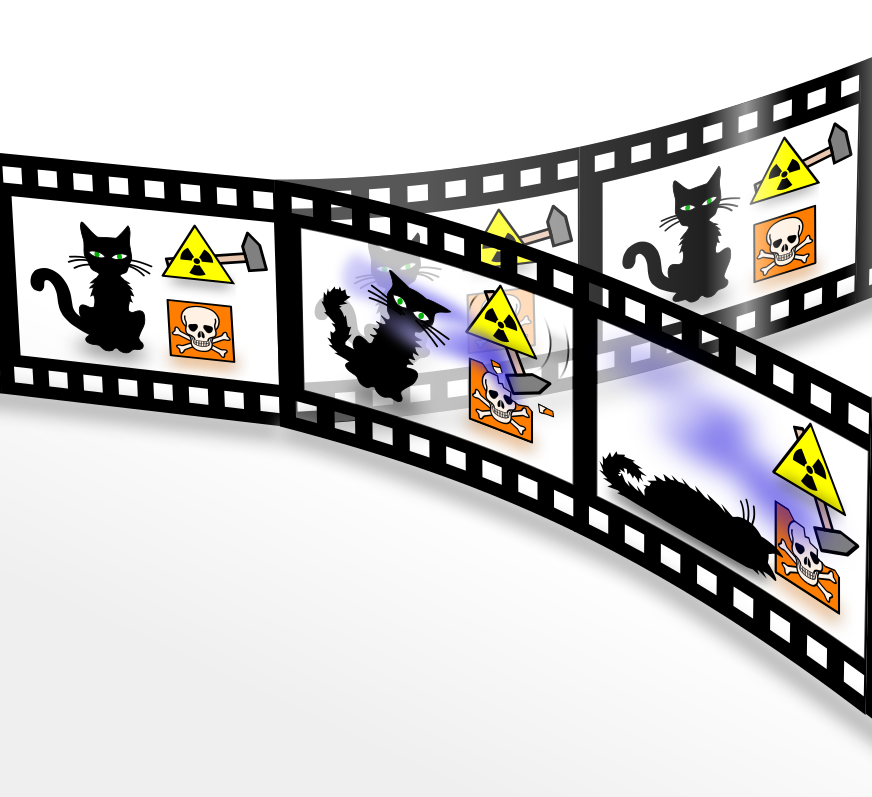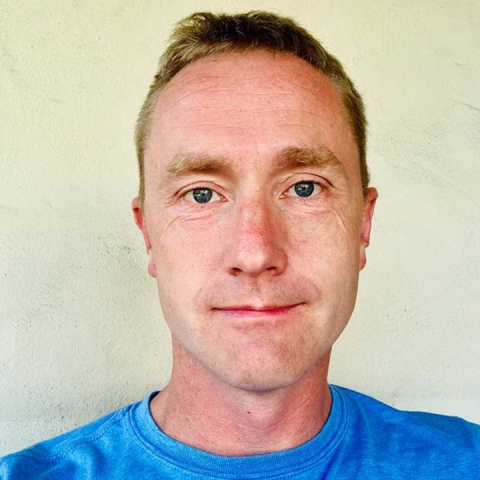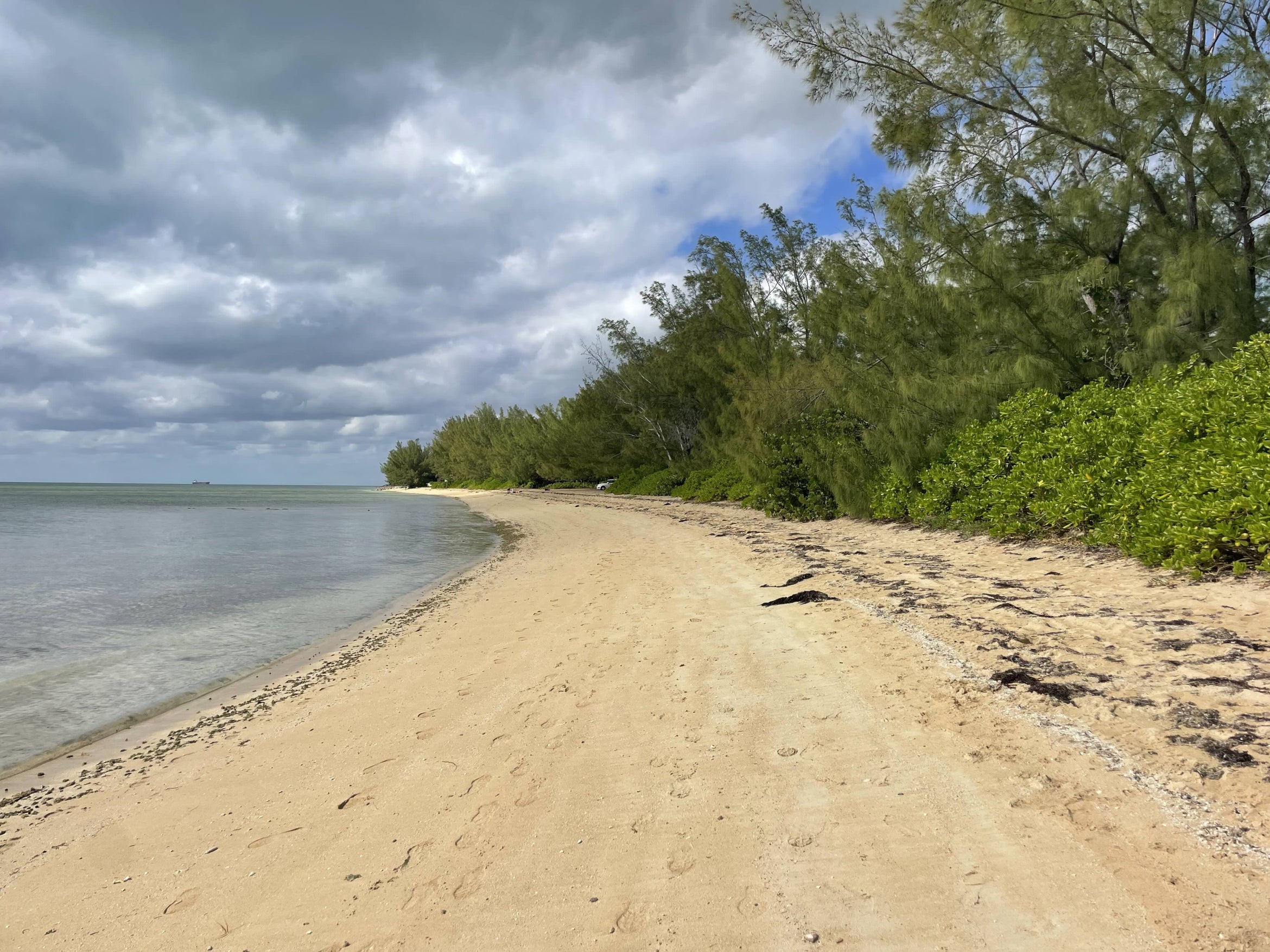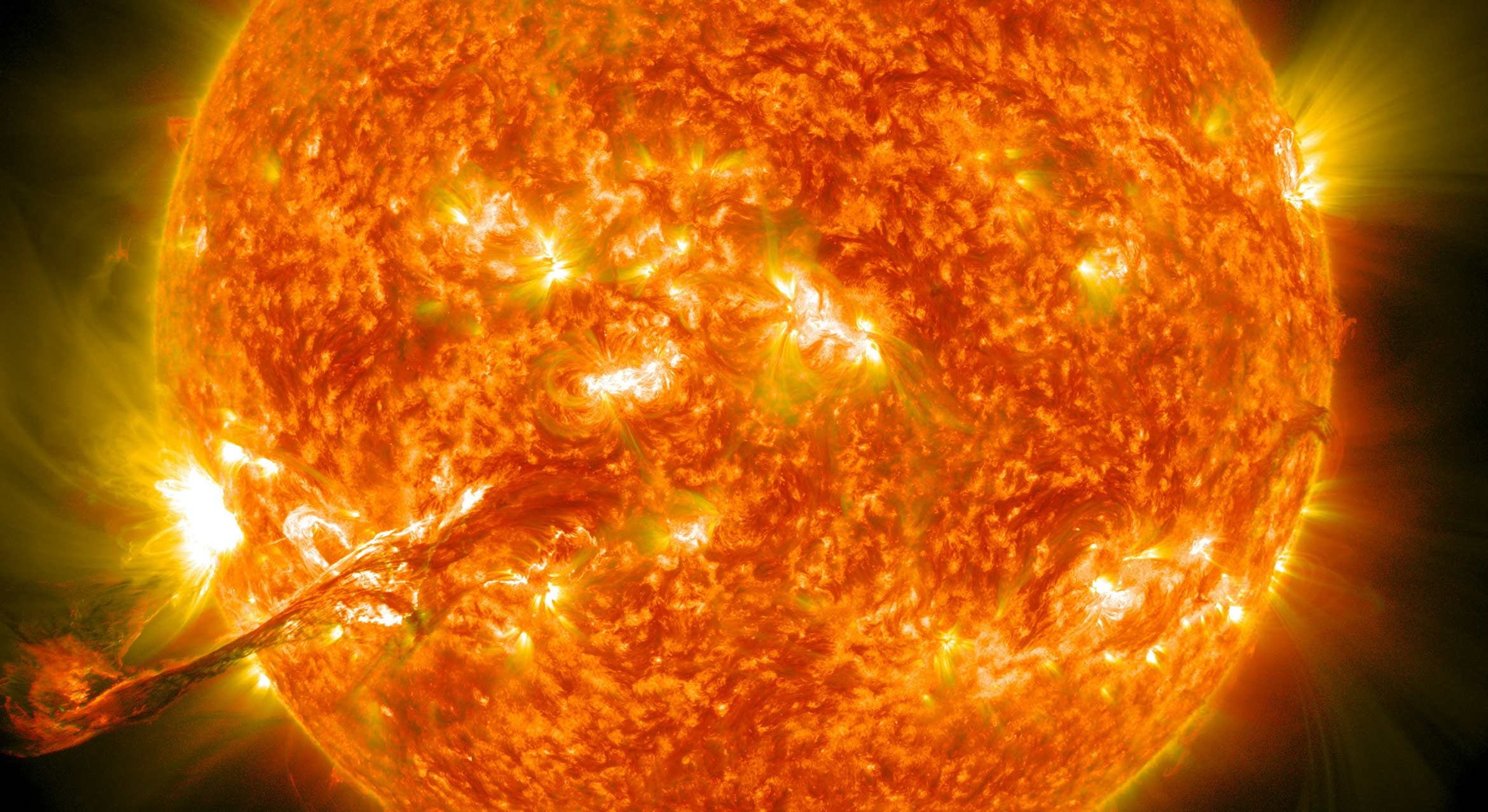
Experimental physicist David Weld to investigate the role of feedback and measurement in quantum systems
Experimental physicist David Weld’s experimental research interest lies in a question that has been around for a long time, but which we’re only now approaching the ability to investigate.
“There’s a really old interest in the quantum act of measurement,” he said. “It’s something that’s at the foundations of quantum mechanics and has been puzzling people for more than a century."
Called the “measurement problem” and famously illustrated by Erwin Schrödinger’s thought experiment with his alive/not alive cat in a box, this puzzle dwells on the coupling of quantum and classical systems. How does an evolving quantum system in a superposition of many possible states lose its quantum properties to give one definite classical outcome of a measurement? The effect of measurement on a quantum system has been the subject of many interpretations and hypotheses but remains only partly understood.
To investigate this problem, Weld, of UC Santa Barbara, has been selected by the Gordon and Betty Moore Foundation as

one of its 2023 Experimental Physics Investigators. Funded with $1.25 million over the next five years, he joins 21 other mid-career physicists to advance the scientific frontier in experimental physics.
“We’re really excited about this particular Moore award,” said Weld, whose project is to build an experimental platform for exploring the effects of measurement and feedback on quantum systems. “The Experimental Physics Investigators Initiative is unique because it funds people in a lot of different fields.”
Indeed, the funding, meant to support individual mid-career experimental physicists at a time when they could be their most productive, allows scientists to be creative and innovative with their research — and to develop new experimental technologies and techniques to help deepen our understanding of the Universe.
“What’s really unexplored experimentally is what happens if you take the results of those measurements and feed them back to future parameters of the system,” said Weld, who will be collaborating with UCSB physicist Andrew Jayich for this project. One way feedback could be useful is in the realm of quantum error correction, in which the feedback protects information in qubits for more robust quantum computing. “But that’s just one example of a broader space of possibilities where you could have new behaviors, new phenomena and new states of matter emerging as you add these feedback elements,” he said.
To set the stage for potential new behaviors and phenomena, the research team is developing an experimental apparatus that combines atoms at ultracold temperatures — where quantum behaviors become important — and optical tweezers, which are focused lasers that allow the researchers to trap and manipulate these atoms. Using arrays of tweezers to manipulate large ensembles of ultracold atoms in this tightly controlled environment, the researchers would be able to explore the physics of many-body quantum systems, in which many particles interact with each other and their structured classical environment to potentially produce emergent behaviors. Using thousands of atoms may also allow the researchers to perform weak measurements, gaining insight into the dynamics of the system without the usual complete loss of quantum properties that come with measurement.
“It opens up this possibility that we’re excited about to do partial measurement and feedback, without destroying the quantum state,” Weld said.
According to the Moore Foundation, “Dr. Weld’s work to develop techniques for controlling the flow of entropy, energy and information in quantum systems could have a major impact on all scientific or technological platforms which rely on quantum control.”
Sonia Fernandez
Senior Science Writer
(805) 893-4765
sonia.fernandez@ucsb.edu




